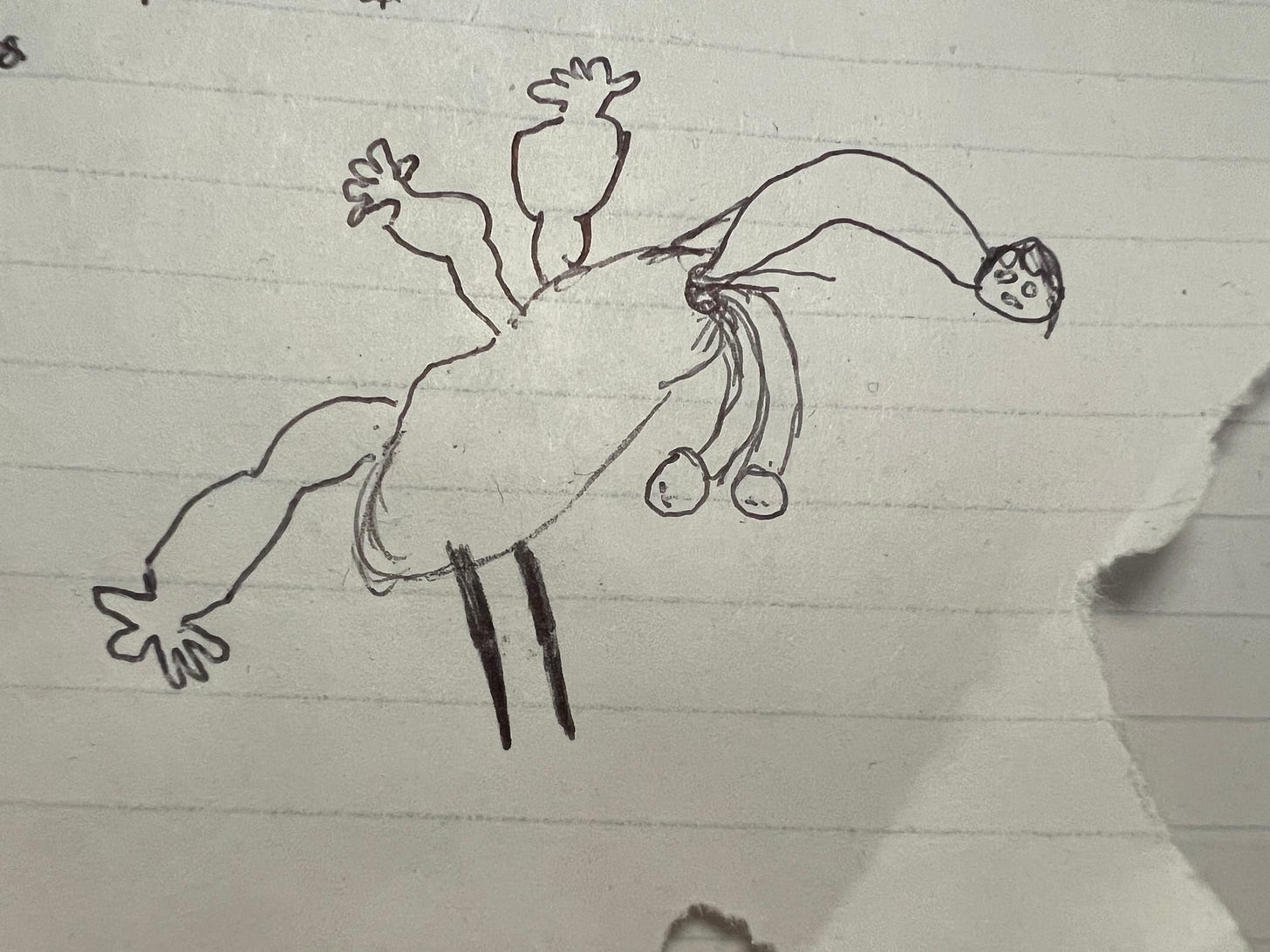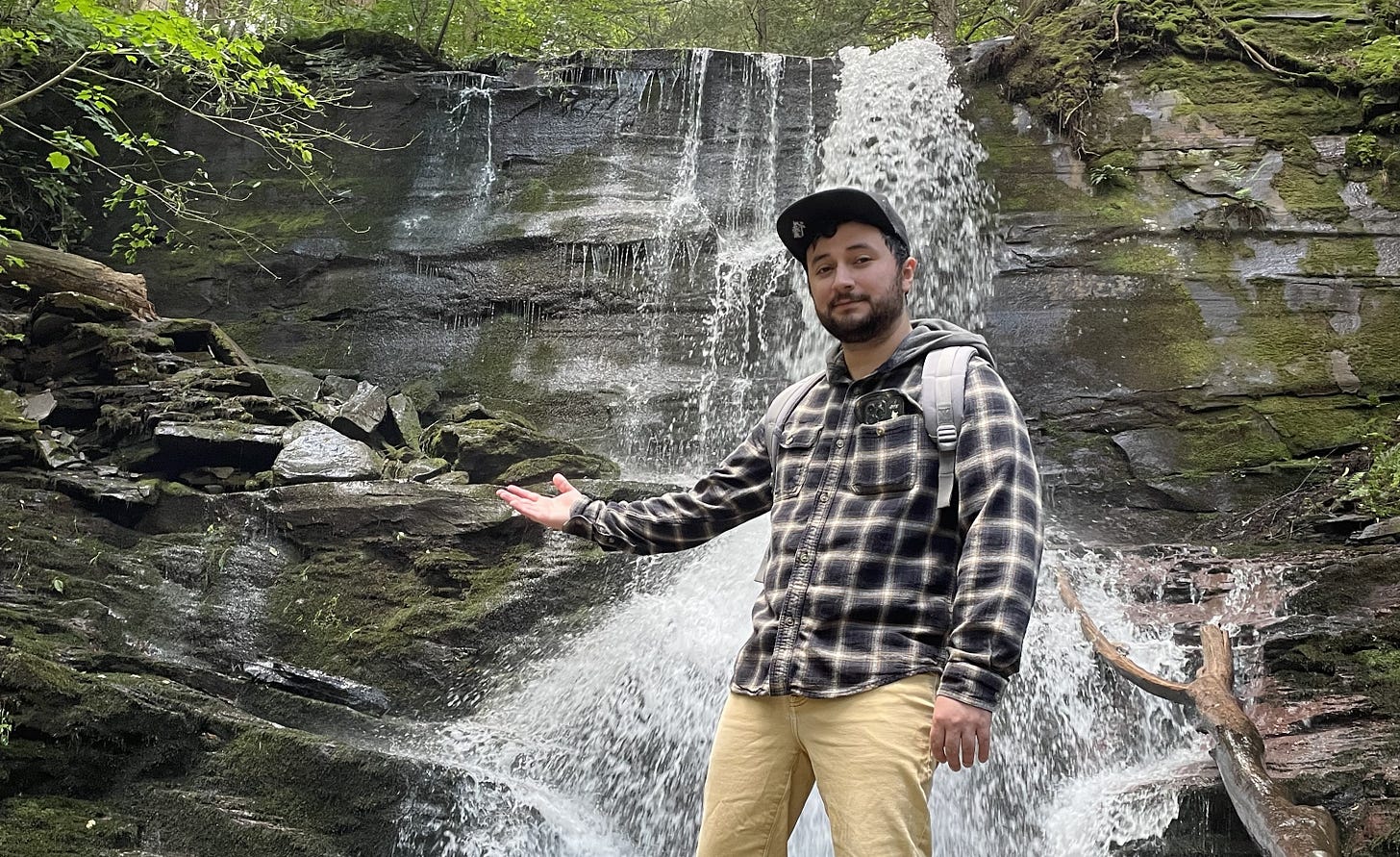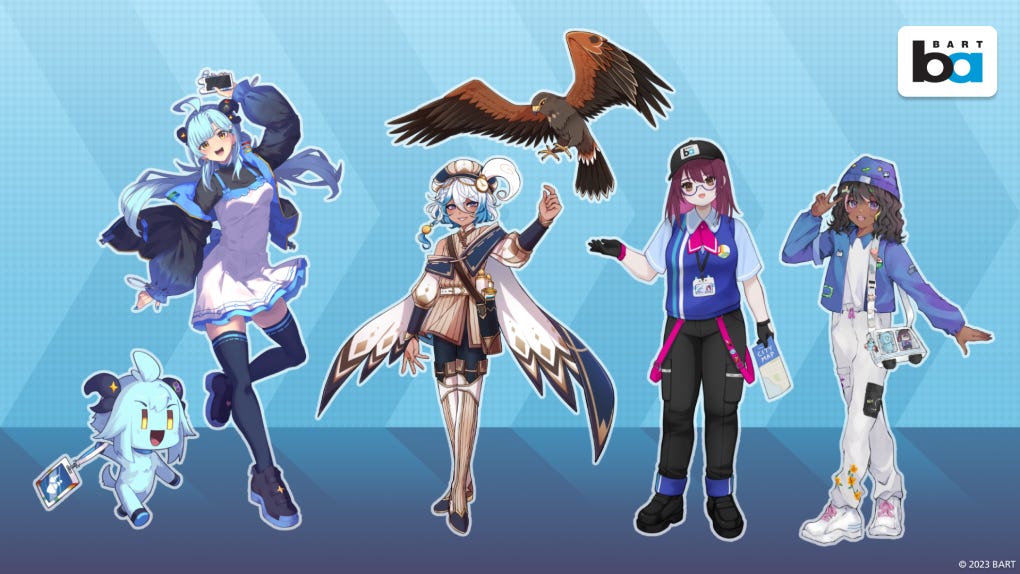Practical Steps to Improve Your Writing: The Roadmap Part 2
Introducing The Roadmap, a monthly series on my writing journey as I start to build discipline in my 30's and work towards writing a fiction book.
Tell me if this sounds familiar: You gain a new interest in something so you start to research how to get into it. Let's say its filmmaking. You find an article or maybe a YouTube video titled something along the lines of, "How to start making films: BEGINNER FRIENDLY" and not one of those articles or videos says anything about obtaining a camera, what kind of shots you can set up and how they are typically used, or asking your friends to be in your films. What they typically will say is, "Hey, you gotta just do it man. Come on what are you so afraid of anyway? You'll regret not doing it. You just have to stop thinking about it so much and just start." That's what I'm trying to do, dick, and you're not helping at all.
I've found a similar thing happens when I've tried to break into a particular industry. These “BEGINNER FRIENDLY” articles usually start with, "so you've just obtained an expensive 4 year degree, completed several internships, met the mayor of Hollywood, and are looking to break into the film industry. Here's how!" Thanks! I now work in finance!
The first step to becoming a better writer is to be a writer to begin with, and that doesn't happen until you're putting your own words down. Do so by any means necessary.
Practical advice seemed hard to come by and it always frustrated me (often into doing nothing) how a lot of tips tend to begin somewhere in the middle with nothing concrete for me to do right then and there. When I wrote my piece about learning to write on the bus, my intention was to make the first and most important step— actually sitting down to write— seem more manageable for people with busy schedules. Part of this was the acceptance and awareness that I had been making excuses for a long time to avoid putting in the work. I also had to accept and forgive myself when I could only write once or twice a week. If you read my previous piece and are at a place where you've sat down to write, congratulations! This took me almost 20 years to start doing, so your accomplishment deserves recognition. Now is when the work and fun begin.
This is part 2 of The Roadmap! Before continuing, I’d recommend reading part 1 here:
I'm sitting down with a lavender scented candle and the Elden Ring Nightreign Deluxe Edition mini soundtrack. Now what?
The short answer is that now you write but as I explained earlier this is bad, vague, obvious advice useful to no one. I mentioned briefly in my previous piece that I would watch an episode of TV or play an hour of a video game to get myself started so at the very least I could write about that. Write about everything that comes to mind with no regard for form, structure, punctuation, grammar, words being "real." I'm being serious here (see my Sabrina Carpenter piece). I often found myself getting hung up on what other people would think of my writing, how it would be critiqued, whether or not it was cringe. With these write ups, it didn't matter! No one would ever see them and they remain saved in a special folder where they will, in their original forms, never be seen by anyone! Some bigger ideas started to come out of these free writes over time so I'd take the idea and craft it into something more presentable, but the original remains locked away. This is your most private safe space to simply play. Bonus points for not deleting anything even if you make a mistake. Just keep going. If you're handwriting, don’t cross anything out.
You may not even need to read a chapter, watch an episode, or play a game. You might just have an emotion to journal out. There are really no rules here other than that words are making it to paper or screen. Use whatever you need to to find them. Hell, ask me for a writing prompt, I'll come up with one for you in the comments. The first step to becoming a better writer is to be a writer to begin with, and that doesn't happen until you're putting your own words down. Do so by any means necessary.
Ask me for a writing prompt in the comments, specifying fiction or nonfiction, and I’ll give you one! You don’t even have to share what you wrote, just write!
I've been writing about Andor every week and all I got were recaps of each episode of Andor and zero original thoughts. Now what?
You've had zero original thoughts? None? Why do you think that? Who put that in your head? The first person who came to mind when I asked that question, maybe? Who are they to you? Why do you care so much about what they think?
It's possible I haven't been writing long enough to experience writer's block, but it's equally possible1 I've figured out a solution to it. If you're just starting out it may not even technically be considered "writers block" but simply not knowing what to write about. I would argue that if you didn't have something to write about, you wouldn't feel drawn to writing. My hang up in this regard was not that I didn't know what to write, but I didn't want to write the thing I wanted to communicate. I was afraid of the emotion, the conversation, or the answers I might find by asking hard questions. I say this with the full understanding that drawing from that deep emotion in yourself takes work, reflection, awareness, emotional and mental growth. It's not easy, but look back at all your free writes. You're a writer now, my friend. With a backlog of work written with the express purpose of never being seen by anyone unless you decide you really want to share it. Let it out.
I've written a ton of stories I thought were just cool ideas but that I had no emotional connection to. That showed in the hollow characters. To breathe life into a character, a world, any piece of writing, you have to have that life to breathe into it. Take what you really want to say, and why it's important to you and write it down. We’re just starting out after all. No publisher or editor is on your ass about deadlines or market viability. We’re here to improve right now, not make money.
In high school and the beginning of college, three friends and I tried writing a web series together. We got 3 or 4 episodes written but never filmed any of them (there were no helpful beginner friendly tutorials, you see). We stopped writing for an extended period of time over a creative disagreement in which I was at odds with the rest of the group over whether our YouTube show in 2012ish should include a prank episode to capitalize on the popularity of prank videos on YouTube. I wanted to, no one else did. The writing sessions got heated and the four of us took some time apart. When we eventually reconnected (it didn’t take long, we were all close friends first and foremost), I came in with a pitch. The characters we would all play would be at odds over whether or not they should prank their neighbor in retaliation for a perceived slight. My character being the only one who wanted to play the prank would spitefully go off on his own to carry out the revenge, only for things to go horribly wrong and the rest of the crew would have to extract me from the neighbors house.
The true to life circumstances led to a better idea. It also allowed me, in my own way, to say what I wanted to say. In the time between our disagreement and getting back together to write, I was sad and I missed my friends. I believed a prank episodes could be a good idea, I also see how it could go wrong and where my motivations were as opposed to the other writers in the room. How can we make this work? Creating the scenario out of our disagreement was what we ultimately went with and it made the episode truly mean something.
I've become emotionally aware and am overwhelmed by all the parts of myself I hate! Now what?!

This is all part of the plan and I’m here for you. "I" being this article, not "I" Josh, the writer of it since I don't know you personally. You do have people you know personally, though. Ask for feedback from someone letting them know you are looking for things that might be confusing or could be better explained. They don’t have to be a writer themselves to know what they like or find entertaining.
Ultimately as we learn, we have to be able to see the areas we need to improve. For me, I noticed right away I had trouble giving physical descriptions of scenes, people, creatures. I knew because those were the things I was self conscious of when showing my work to other people. I used that awareness to seek help for that specific area. I do writing exercises focused on areas of improvement like writing interesting physical descriptions or practicing functional dialogue. Your personal opportunities for improvement will be different from others and a simple search for these exercises will give you a good place to start.
A lot of this practical advice had to do with finding a deeper personal connection with yourself and your emotions, I realize. I truly believe this is the biggest thing I’ve done in the early steps of my writing, as I now see the story in everything. I’m able to live my life, experience the full breadth of my emotions, and bring that to the desk where I’ve already established a routine. Inspiration comes from everywhere. With this method, I no longer have to wait for inspiration to strike. I go out, I live, I harness the inspiration for when I’m ready, and then let it all out.
I haven’t done the math on this.





I believe each time you sit and write you get fractionally better at it. Which doesn't sound like much, but extrapolated over time adds up quickly — as long as you do the work. I'm not talking years either. Go back and read something you wrote six months ago and were proud of and you'll instantly see ways you'd write it better today.
Solid, practical steps here. Good luck starting the book journey!
Enjoyed this week’s writing with a cup of tea and a precious pup at my feet. I now look forward to these artifice like an episode of my favorite shows. You’re inspiring me!